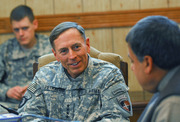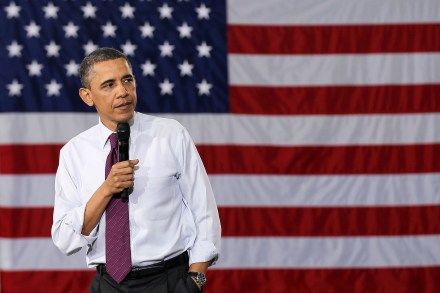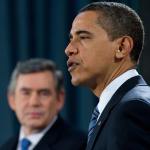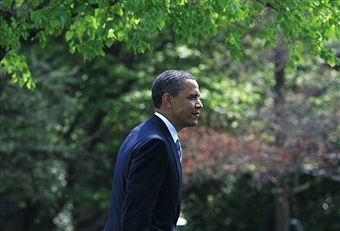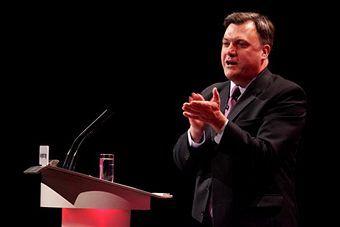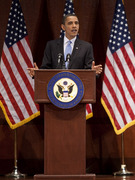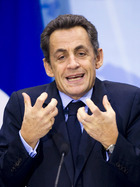What the death of Bin Laden means for Af-Pak policy
The political and strategic implications of Osama Bin Laden’s death are legion. One of the biggest impacts of this operation could well be that it speeds up the US withdrawal from Afghanistan. Obama has long been keen to start bringing US troops home in large numbers. But a withdrawal from Afghanistan with Bin Laden not dealt with could have been portrayed as humiliating by Obama’s political opponents. Now, that Bin Laden is dead, it is much easier for Obama to scale down the US operation there, arguing that the central base of al Qaeda’s operations have now moved out of the country. The embarrassment for Pakistan of where Bin Laden





